The Well-Stocked Minimalist
http://decor-ideas.org 01/08/2015 02:13 Decor Ideas
Is it possible to maintain both a well-stocked and a clutter-free home? On the surface it may seem these are polar opposites, but I like to think of them as more akin to two sides of a scale. Whether I’m decluttering or making a purchase, the goal I keep in mind for my own home is to have just enough of just the right stuff. This is stuff that helps make life easier or simpler, or saves time and money. If you are also looking to simplify without giving up all of your possessions, these tips can help.
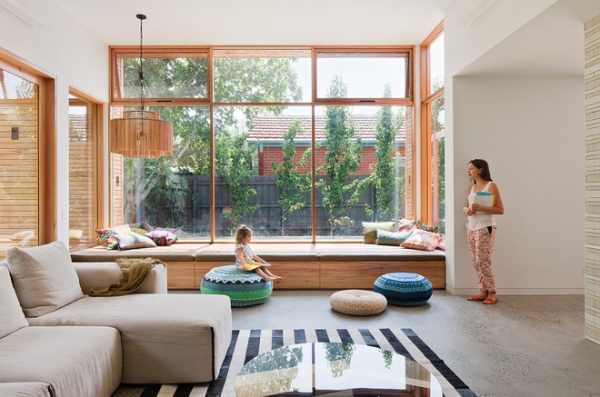
Make sure your stuff reflects your life as it is now. A well-stocked home looks different for each person and changes with time. The things a parent of young children needs at home are quite different from what a college student or a retired couple needs. Whenever you shift life phases — from moving to a new area to starting a new career — take it as an opportunity to assess your stuff.
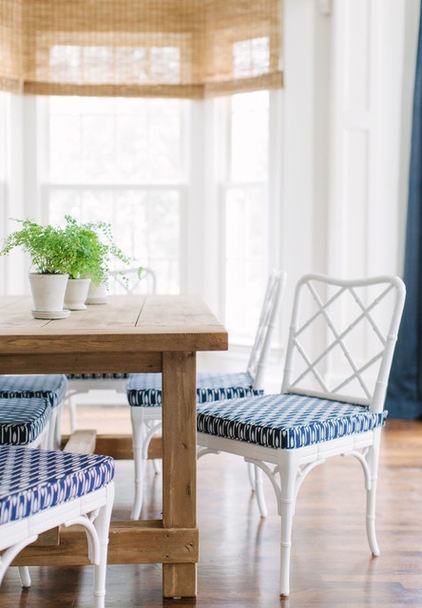
Stuff does not necessarily equal clutter. Stuff becomes clutter when you do not want or need it. Having a drawer full of all-occasion cards, thank-you notes, stamps and pens could be clutter to one person and a helpful tool to another. Only you know for sure exactly what you need — and what will gather dust in a forgotten cupboard.
7 Tips to Get With a New Minimalist Mentality
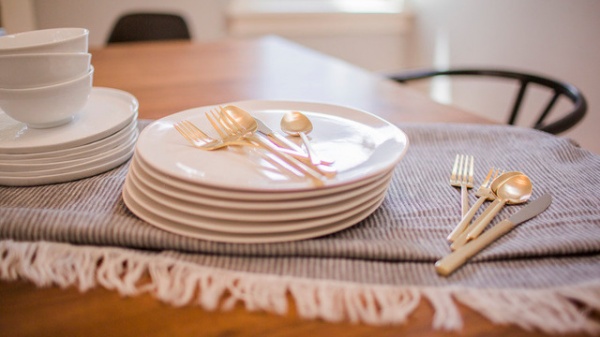
Sometimes it makes sense to stock up. If you entertain frequently, it can be more cost effective, and less wasteful, to make a one-time investment in a large set of basic dishes and glassware. Otherwise, you’ll end up either using paper goods or renting every time, which can be a hassle. And while most things around the house are not, in the grand scheme of things, all that important, when it comes to first-aid and emergency supplies, we should all be stocked up.
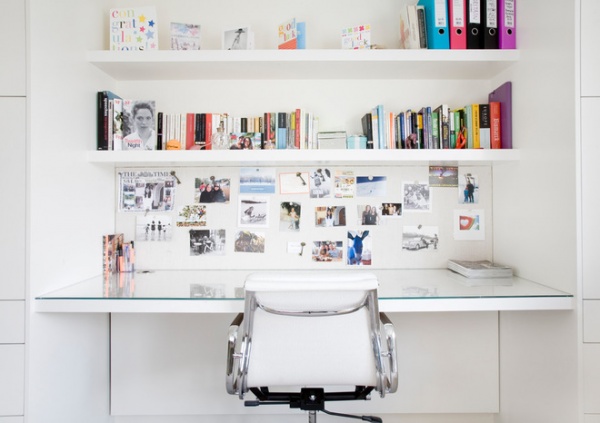
But there’s no need to stock up on things that don’t fit your life. If you keep a mostly paperless home office, there’s no need for paper clips, staples and bulk-size boxes of sticky notes and copy paper. Be realistic about what you use and skip the rest.
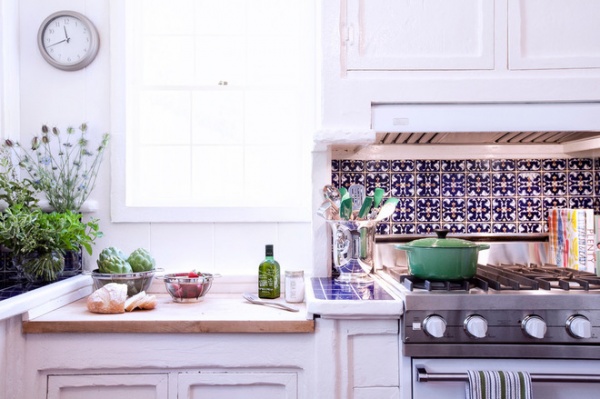
Stock up to save, not spend. Stocking up is often more economical, saving you money — think of those giant containers at the big-box store or the bulk bins at the natural grocery — and saving you time by helping you cut down on shopping trips. However, there is a difference between buying in bulk on items you know you will use and being seduced by sale prices into stocking up on items you wouldn’t normally buy. Stick with tried and true favorites, and save experimenting with new brands or flavors for small packages; this applies to both food nonfood items.
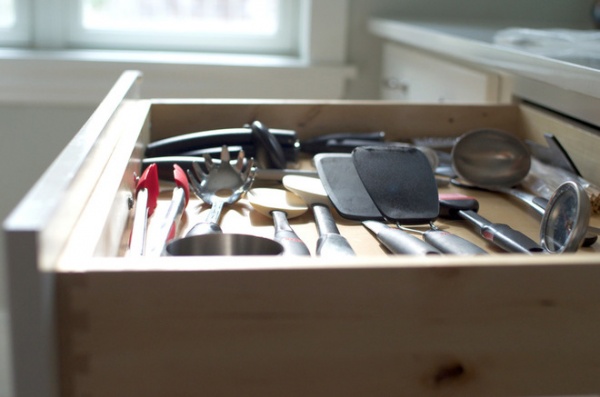
Aim to have enough but no more. Having the right tools to get the job done properly is essential to any task, from cooking to woodworking. Have on hand what you need for the jobs you do regularly but no more — if you bake every week, it makes sense to have plenty of sheet pans, muffin tins, mixing bowls and all of the rest. If you find yourself in need of a specialty item that you likely will never use again, see if you can rent or borrow before buying your own.
Create Your Own Checklist for a Well-Stocked Kitchen
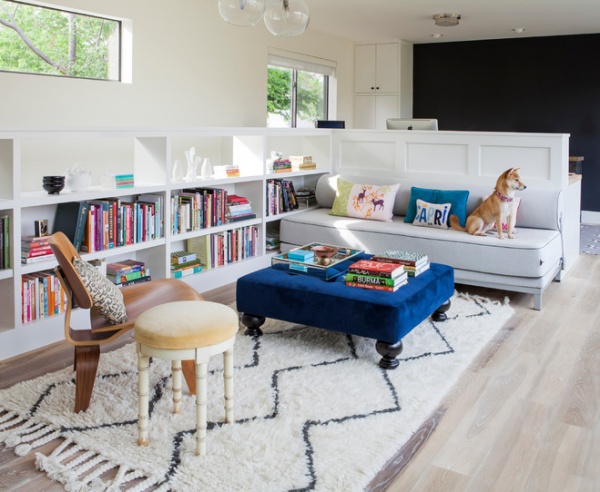
Stock up to make life easier, not more complicated. It can be handy to have the right vase for those flowers you brought home, gift wrap and tape when you’re due at a birthday party in 20 minutes, or tools for getting that art wall just right. Having to dig through a cupboard stuffed with random half-used sheets of wrapping paper to get to the good stuff or spending money on beautiful tools you will never use is not the point. When you are considering buying something to have on hand, ask yourself whether having this thing will actually make your life easier. If not, pass on it.
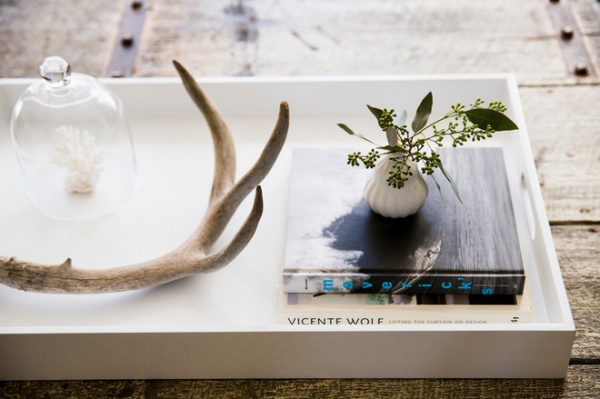
It’s all about balance. Problems begin when things come into your home but rarely go out. The best way to keep a healthy balance is by looking at, touching, using and removing items in your home frequently. Just because you bought something doesn’t mean you must be burdened with it forever. Learn from your mistakes, notice which things you tend to buy and then not use (cupboard full of half-done craft projects, I’m looking at you), and commit to making wiser choices next time.
Tell us: Do you like to have a fully stocked home, prepared for anything? Or do you like to buy as needed?
More:
Checklists for a Well-Stocked Home
10 Tips for a More Peaceful Home
Related Articles Recommended












